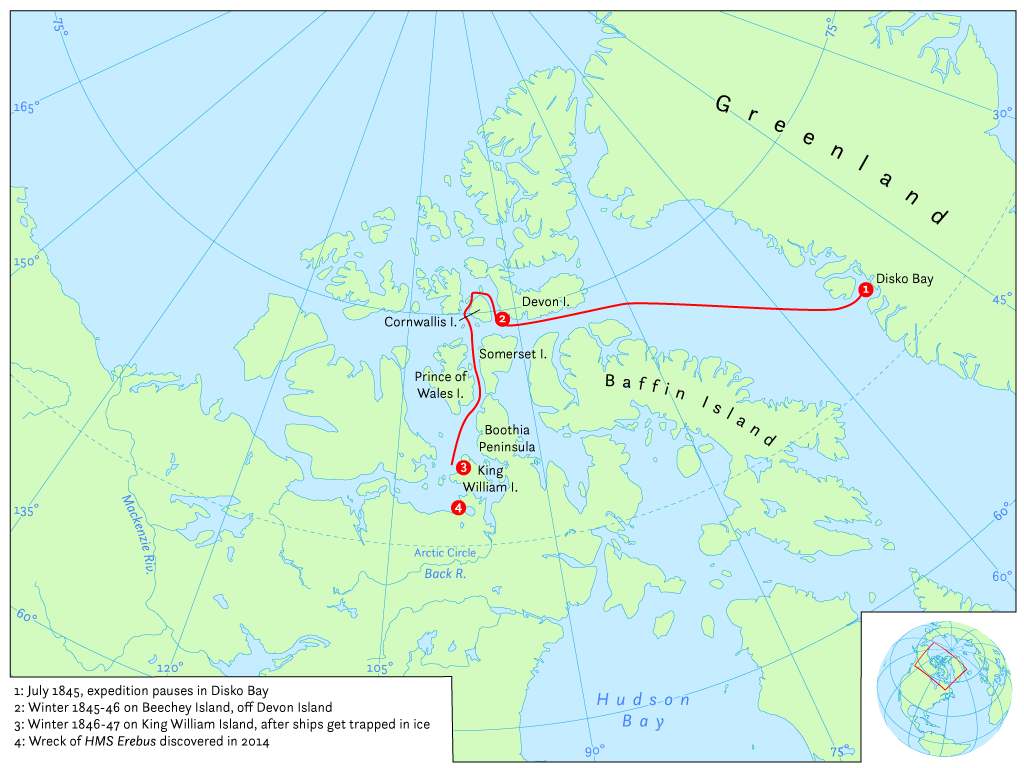As is known, voyage of the 2nd Pacific Squadron during the Russo-Japanese war was fraught with accidents that culminated in it's destruction at Tsushima.
To a degree, those issues (like inability to use Suez canal) were predictable - so what if russian admirals thought to take a shorter (if not necessarily easier) Northern Sea Route, while also investing some into building up local infrastructure.
Would it allow for earlier arrival of russian reinforcements to Vladivostok, and for their better combat capability? How could Japanese react to such an approach? What would be the result - I assume russians would still lose the war, but would the details of post-war arrangements change?
To a degree, those issues (like inability to use Suez canal) were predictable - so what if russian admirals thought to take a shorter (if not necessarily easier) Northern Sea Route, while also investing some into building up local infrastructure.
Would it allow for earlier arrival of russian reinforcements to Vladivostok, and for their better combat capability? How could Japanese react to such an approach? What would be the result - I assume russians would still lose the war, but would the details of post-war arrangements change?


